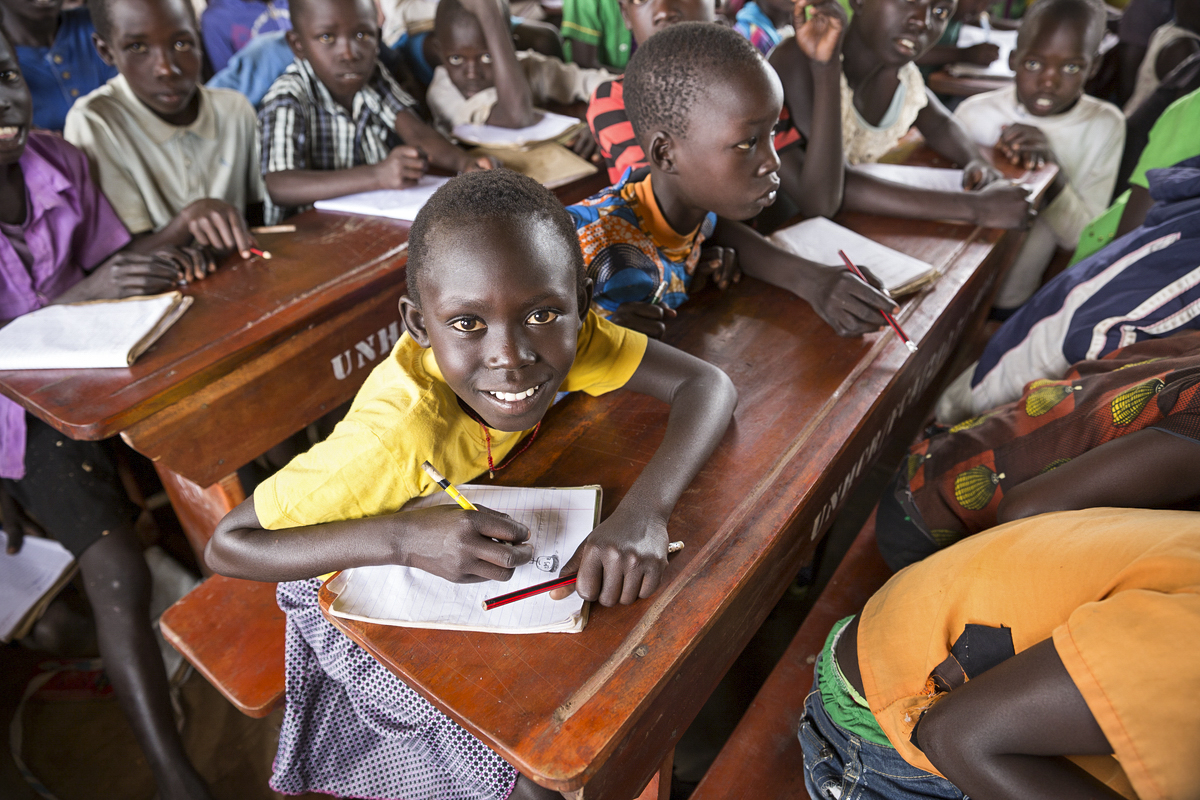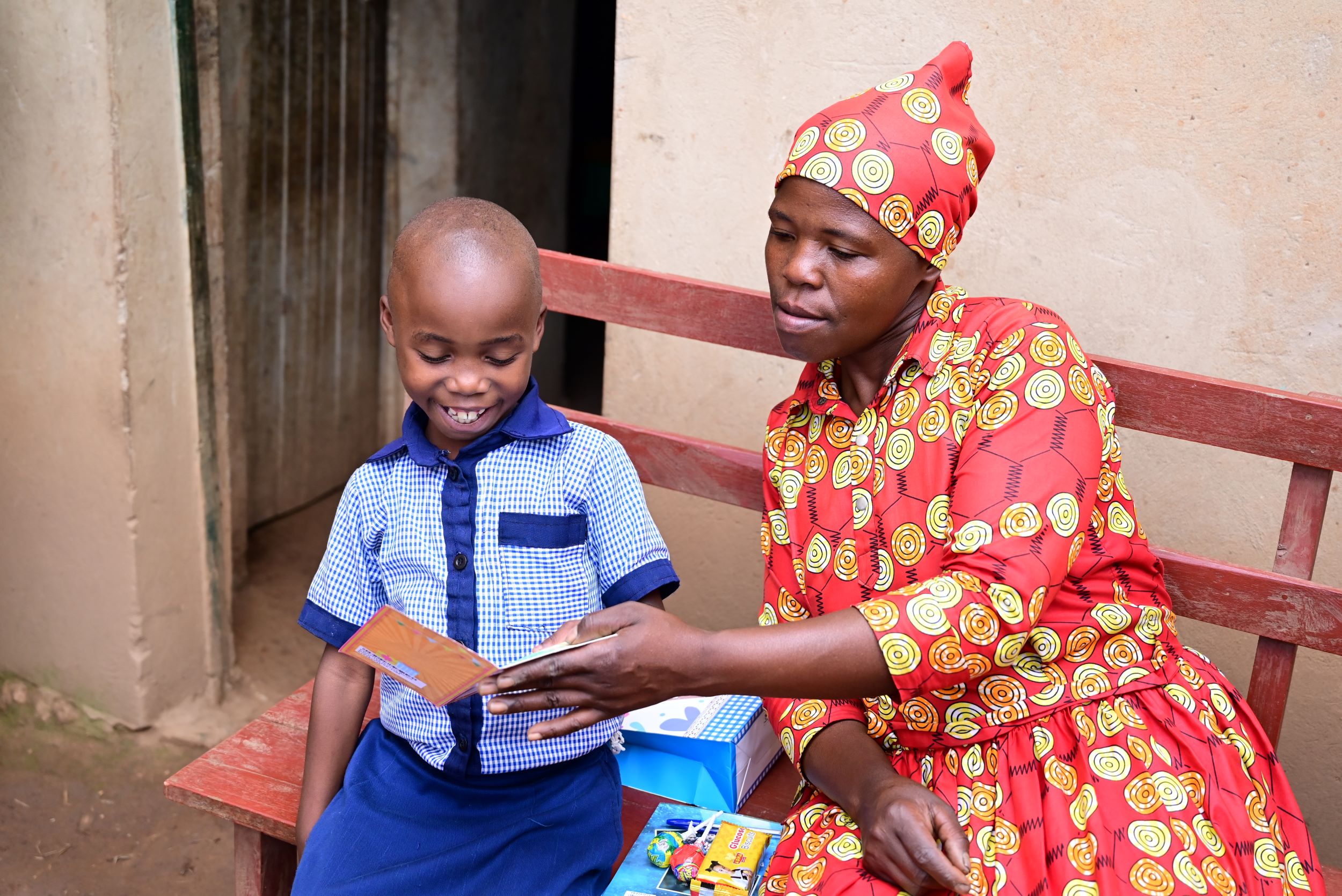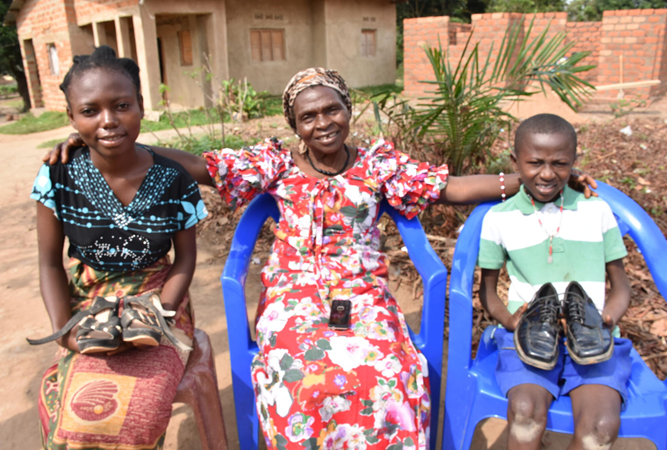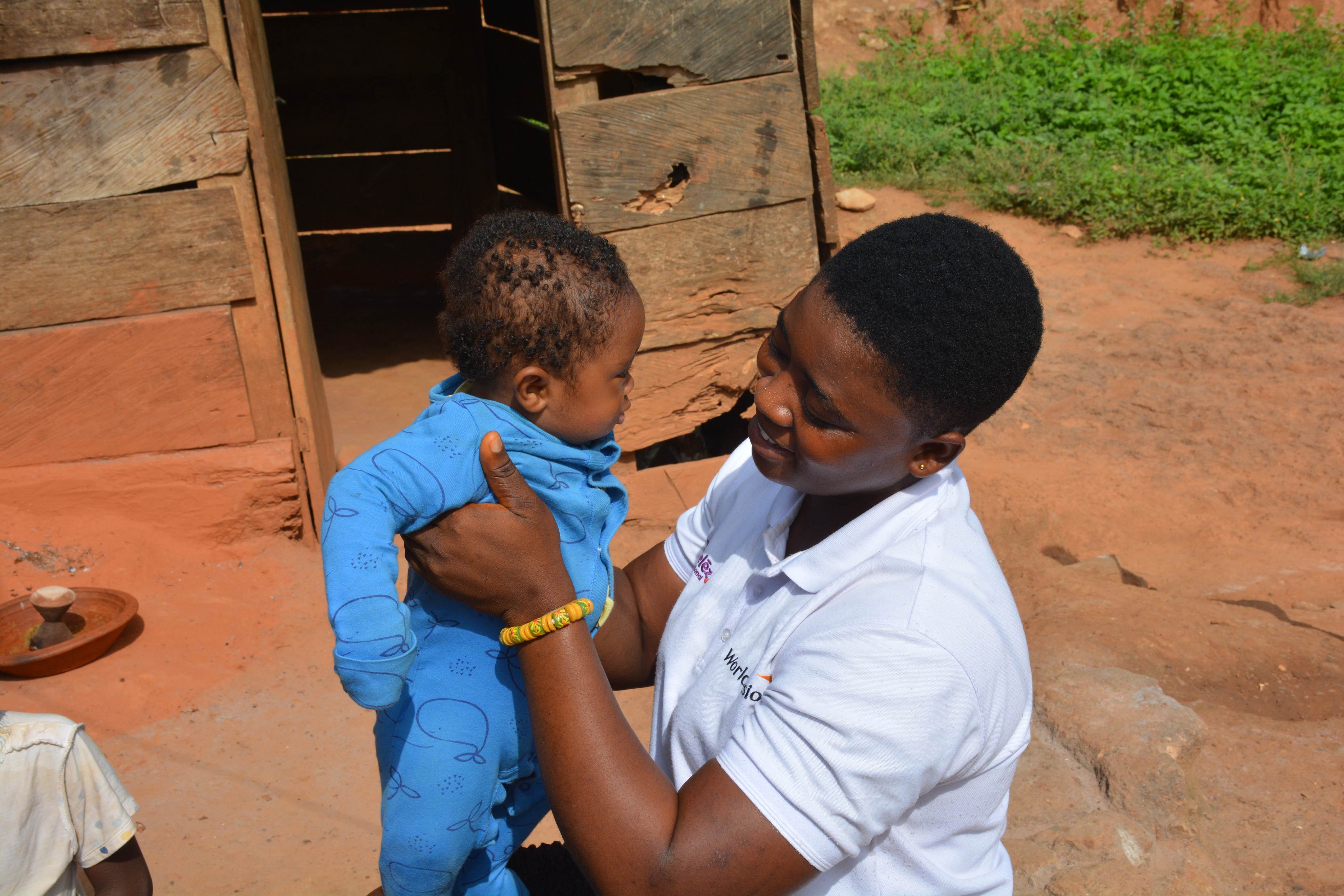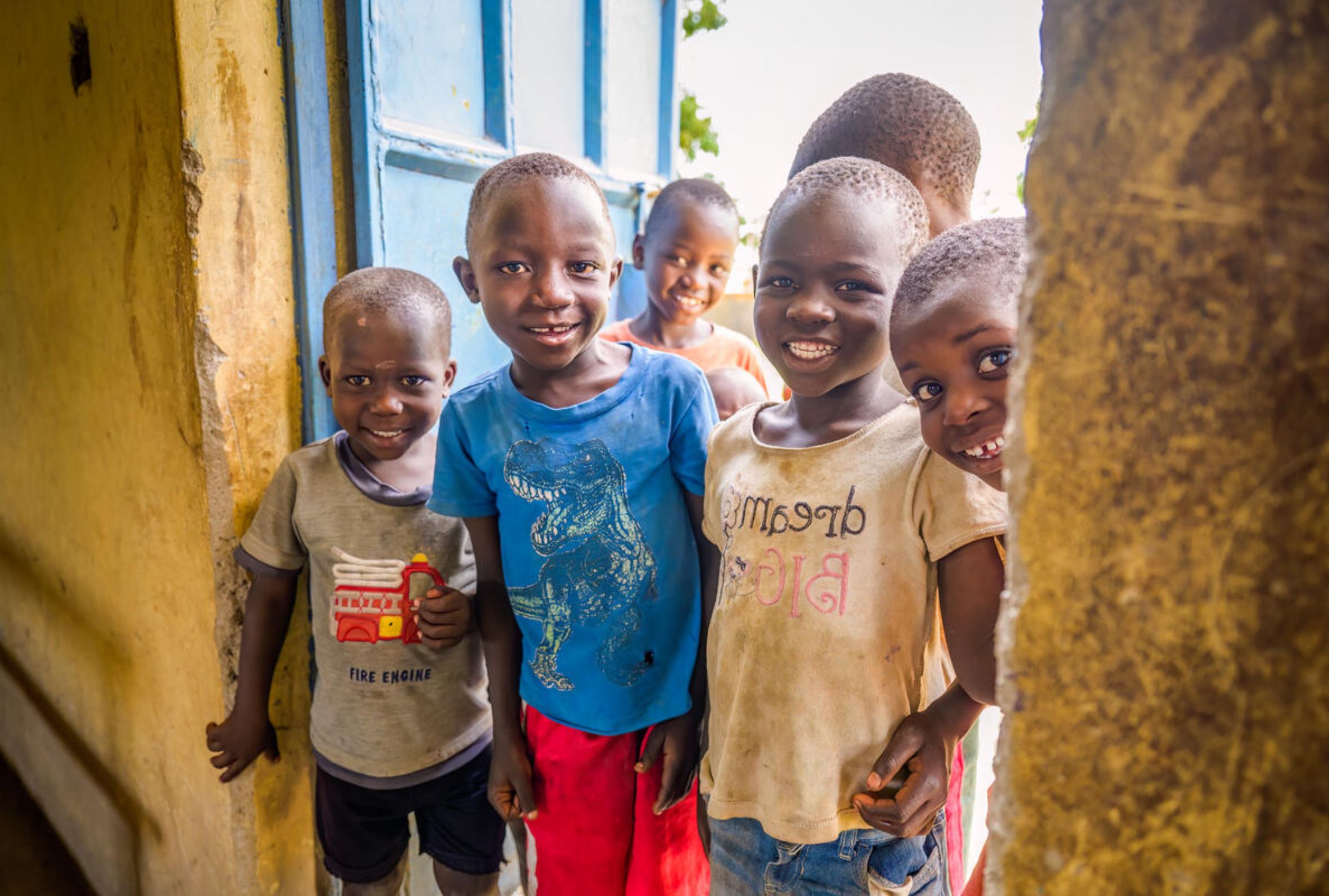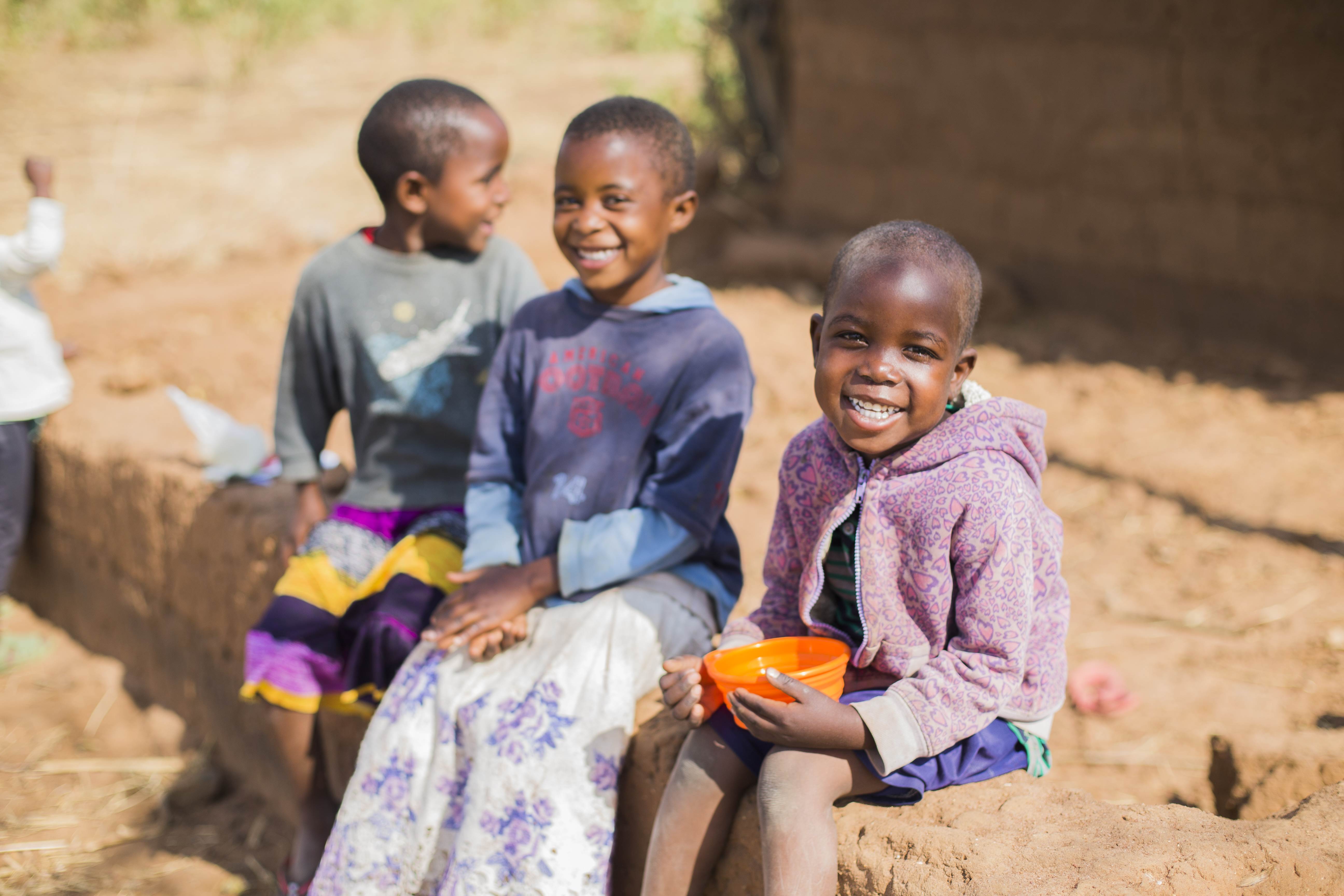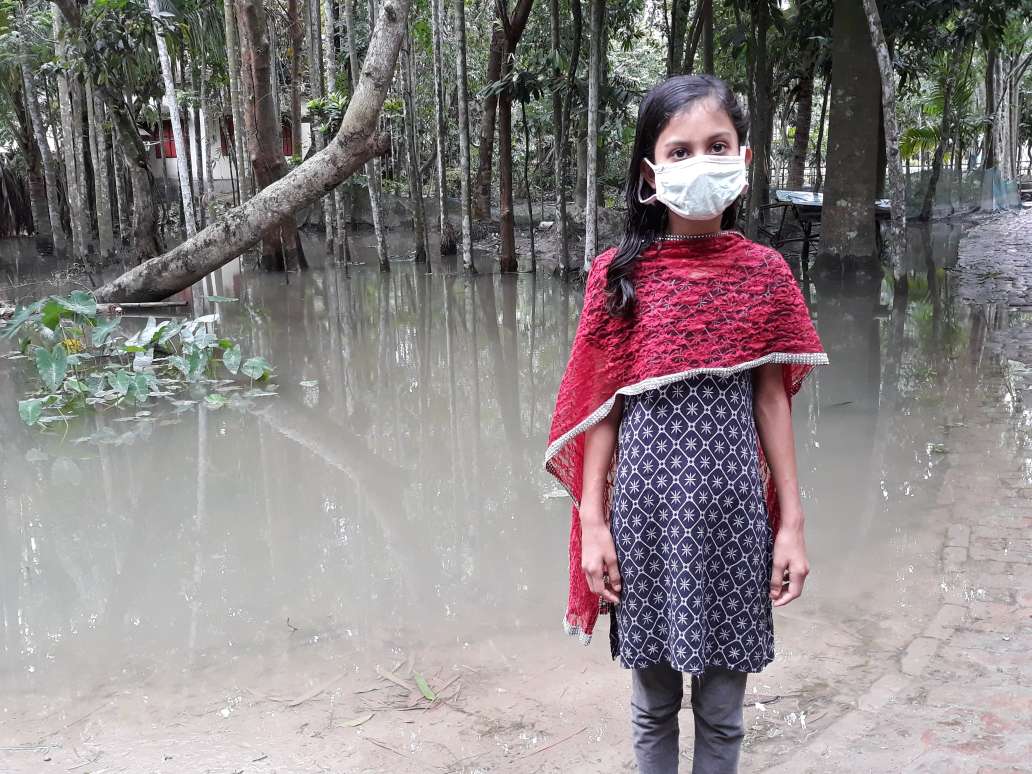We all know that poverty has damaging effects on people, especially children. However, have you considered the way that it might affect their development? We explain how growing up in poverty can impact a child's development, including their emotions and education.
What is child poverty?
Child poverty describes when a child lives without the necessary resources that they need to experience life in all its fullness. Globally, the standard measure of poverty is those who are earning under $1.90 a day. However, there are various levels of how poverty is defined around the world, such as relative poverty, which is where a person is earning less compared to their country’s average income.
Unfortunately, there are many ways that growing up in poverty can affect children's development. However, it’s clear that poverty causes life-long consequences for children, through no fault of their own.
READ MORE: What is child poverty?
What is child development?
Child development refers to the physical, mental, and emotional changes that happen from birth to the end of adolescence. Usually, child development is split into three key stages: early childhood, middle childhood, and adolescence. During each of these phases, the rate and type of development is different...
Early childhood: From birth to six years of age. This is an incredibly significant period for cognitive, emotional and social development; where most children speak their first words, take their first steps and start to develop relationships with family and friends.
Middle childhood: From six years of age to adolescence. Middle childhood is often thought to be the most crucial years of a child’s life, where not only are they still growing but are also starting to discover themselves and how they fit into the world.
Adolescence: The teenage years. Infamously challenging for many, as bodies change again, children transition into adults and often they start to find themselves and their place in the world, setting down roots that will influence the course of their lives.
It’s also important to remember that childhood development doesn’t just start at birth, and the situation and circumstances a child is born into, as well as the situation their mother is in during pregnancy can also have a large effect.


